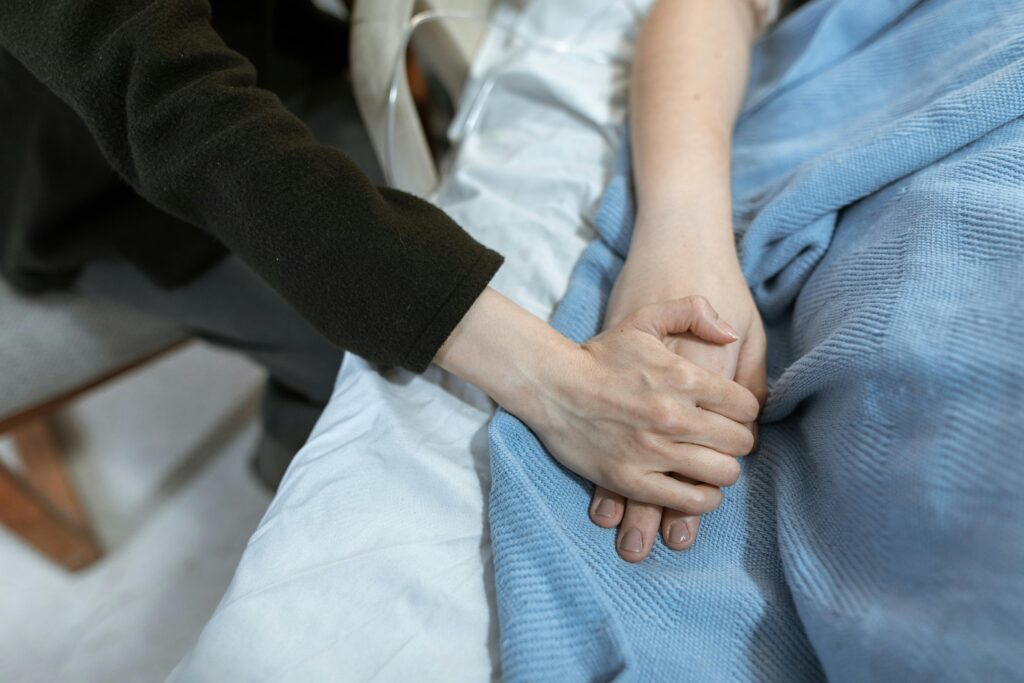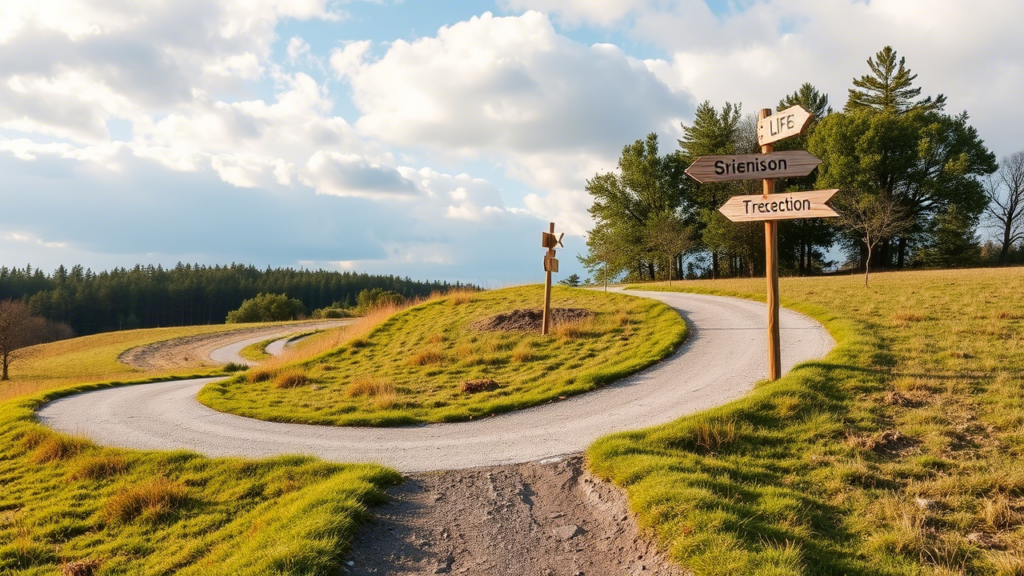Death as the natural end of life
Death as a natural part of life and its impact on medicine and society

We do not know for sure when our last day will be, just as we were not aware of the first day we began to live. But we know that there will be a last day, a last afternoon, a last night. Therefore, those who live knowing that there is an end live intensely in the now.
From the moment we are born, we walk towards death. Accepting it as a natural stage of life will help us not to abandon the patient when he is dying. It is true that facing one’s own death is not the same as facing the death of others.
Concern about death was born with humanity, although the way of dealing with it has evolved over time. Systematically, we hide real death and consider it as something undesirable that must be hidden, especially from children. If we ask a child today, what is death? They will surely describe it to us as they have seen it in movies or on television as tragic deaths. For this reason, they will grow up turning their back on death, not wanting to talk about it. And what is worse, not knowing how to accompany someone who is dying.
For many centuries, men died in a fairly similar way, without major changes, until four or five decades ago, when things suddenly began to change radically. Before, it was a known, serene and familiar death. Even the dying person said goodbye by giving their last messages to their loved ones. Some of us have been lucky enough to have witnessed such a death. However, now, it is a forbidden, unacceptable and dirty death.
Nowadays, hospitals are designed to respond to curable patients, so they have sophisticated technological equipment and highly qualified professionals for this. Without taking into account that the terminally ill patient is a different patient, who has different needs and therefore requires us to carry out different activities. It is also a way of not considering death as a natural stage of life. We need to incorporate death into life and stop considering medicine as something that consists of preventing people from dying.
But what does society think about death? Today’s society denies death, does not want to accept it, does not want to contemplate it and, if it can, wants to forget it. Maybe it is because we do not want to be “infected” by the death of others. Or we do not want to remember what will happen to each one of us sooner or later. Society lives with its back turned to death, judges it as a failure and tries to postpone it more and more, assuming as a triumph the culture of transplants and the replacement of tissues and organs by new tissues or artificial prostheses. It even comes to believe that technology can solve all its health problems and, when it is said to delay or avoid death, it no longer seems a more or less absurd or unattainable utopia. All these advances have generated in society a kind of delirium of immortality, granting the doctor a wisdom, omnipotence and omniscience that, logically, he does not possess.
The fear of death is one of the most deeply rooted emotions in the human psyche. Human beings are afraid of death because of the fear that the transition from life to death will be painful, annoying, distressing and very lonely. Because of the transition into the unknown. Because of the loss of the values gained during life: family, friends, material goods, success, fame and wealth. It is then that we begin to be aware that we come with nothing, and we leave with nothing.
And if we ask ourselves how we doctors face death, we could affirm first that death encompasses our entire attitude as doctors towards the patient. That it is a daily and pressing problem, as well as a profound philosophical approach, perhaps the most important for man. But, without a doubt, it is very difficult for the doctor to maintain a mature and serene attitude towards death. We feel anguish in the face of death itself. Because the death of the patient we care for reminds us, by resonance, of our own death. And so, sometimes, we attack it with our thoughts of immortality, trying to revive the terminally ill patient, whose natural history would be death. The confrontation with the death of the patient forces us to face reality, so often denied. The foreseeable and imminent death of the patient confronts us with our personal destiny, reminding us of our expiration. But doctors are almost the only ones in our community to whom immortality, omnipotence and lack of feeling are attributed, although the truth is very different. Perhaps we are more afraid of death than the sick.
A personal defeat?
On the other hand, when a patient dies, we have a feeling of professional failure. At university, we are taught to save lives, so we will interpret the death of our patient as a professional failure. The doctor assumes the omnipotent role that society asks of him by leaving the lives of the sick in his hands. And when his patient dies, it simultaneously represents the most absolute failure of his medical function and the complete collapse of his personal ego. When the hope of avoiding certain death for the patient diminishes, interest in the patient usually diminishes as well. The doctor’s feeling of failure is followed by frustration, which will hurt his self-esteem and pride, not only on a social and professional level, but also on a more individual and intimate level. For doctors, death is a personal defeat rather than something inevitable to which they, like their patients, must submit. As long as death is considered a failure, it will be difficult to talk about it, since no one likes to talk about their failures.
The health professional must accept that death is something natural, that it is a stage in life that we will all reach sooner or later. Only when we are able to accept it as something natural and, sooner or later, inevitable, will we dedicate ourselves to caring for our patients until the end and without feeling like a failure. Anxiety about death and everything that surrounds it influences the therapeutic relationship between the health professional and the patient or his family.
It is true that we do not know for sure when our last day will be, just as we were not aware of the first day we began to live. But we know that there will be a last day, a last afternoon, a last night. Therefore, those who live knowing that there is an end live intensely in the now.
Dr. Jacinto Bátiz Cantera – Director of the Institute for Better Care – San Juan de Dios Hospital in Santurce (Vizcaya) – [email protected]
Related

The Good Smell of Coffee
Edistio Cámere
27 March, 2025
3 min

The Keys of a Christian Physician: Healing with Body and Soul
Javier Ferrer García
27 March, 2025
2 min

Cardinal Arizmendi: Stop, Analyze, Decide!
Felipe Arizmendi
26 March, 2025
5 min

What virtue would you like to cultivate?
Hugo Saldaña Estrada
26 March, 2025
2 min
 (EN)
(EN)
 (ES)
(ES)
 (IT)
(IT)

